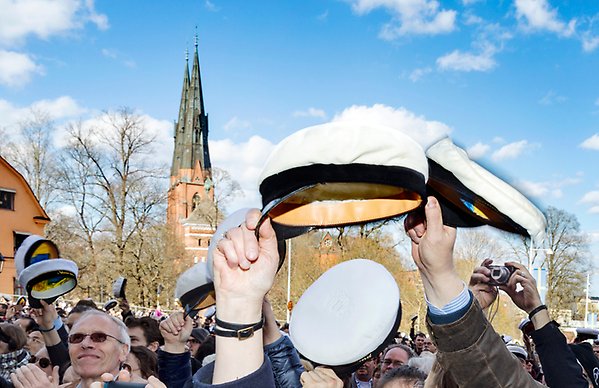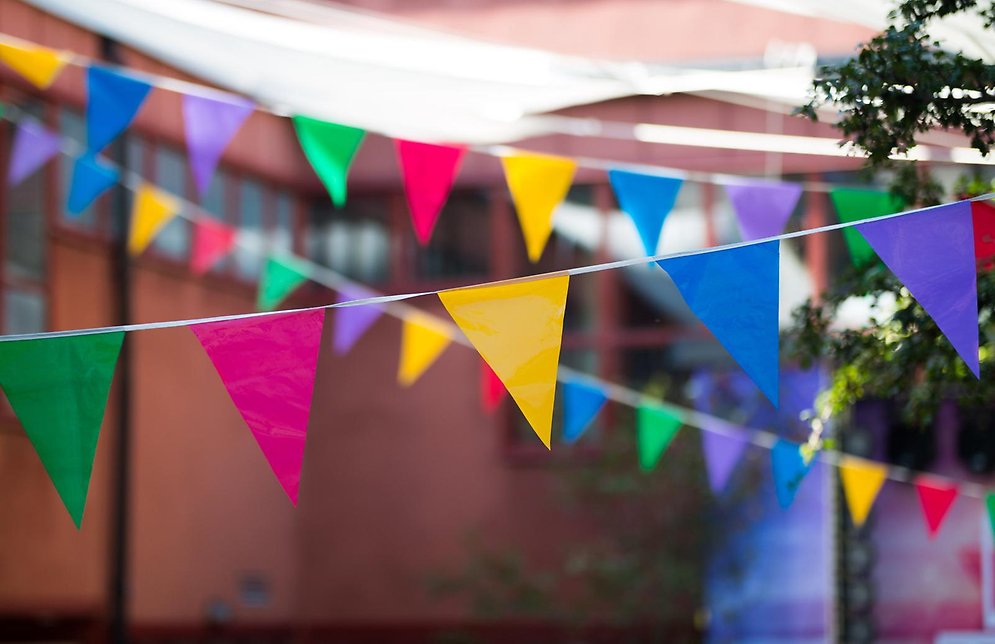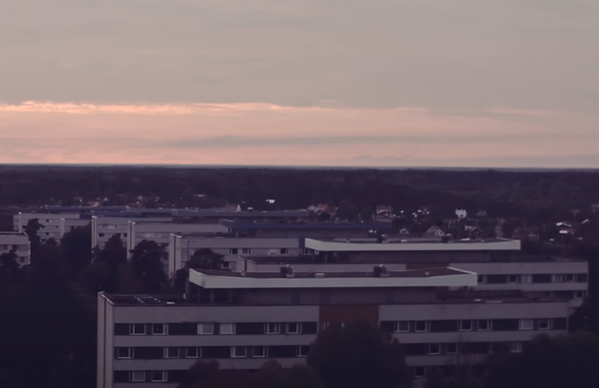Student traditions
One of the reasons why many students choose Uppsala University is its vibrant student life and traditions. While the traditions can often be traced far back into the past, they are constantly being renewed and adapted to our time.
Valborg – or the Last Day of April, as we say in Uppsala
Is it possible to raft the river Fyris when the water level is at its highest? Two students decided to try on 30 April 1975 – and that was the start of one of Uppsala's most popular traditions, the running of the falls.
The running of the falls is one of many events at Uppsala's largest student festival, the Last Day of April. The city’s streets are filled with people celebrating by having picnics in Ekonomikum Park, donning their student caps on the hill below Carolina Rediviva, watching the running of the falls, listening to spring songs by the Gunilla Bell and much more.

The student cap
One part of the Last Day of April celebrations in Uppsala is the traditional donning of the caps by Carolina Rediviva.
At precisely three o’clock in the afternoon the Vice-Chancellor raises a white cap, the signal for everyone to don their student cap and set off down Carolina Hill. Jubilation breaks out among the gathered crowds.

Academic quarter
In the past, it went without saying that a lecture would begin at quarter past the hour, even if the timetable said 10 o’clock, for example. This tradition was known as the ‘academic quarter’.
The academic quarter survives to this day, though we now always write the exact time in the timetable, in notices and so on.
%20Klocka%20som%20visar%20kvart%20%C3%B6ver%20ett%201600.jpg)
Student nations
Uppsala ‘spexes’ are farces written in rhyming dialogue, often with historical motifs, songs and music. They have been performed since the 19th century. They differ from spexes in Lund, where the dialogue is not rhymed.
Another difference is that Uppsala spexes often allow the audience to influence the performance by shouting out commands. For example, the audience can demand a retake after an exchange of dialogue, which the actors then have to deliver in a new version.
Spexes are part of the rich cultural life of Uppsala’s student ‘nations’ or clubs. The nations were founded in the 17th century and have since served as a home away from home for students. Here – apart from being in a spex – you can grab a cup of coffee, read regional newspapers and magazines, study, borrow books from the nation library or join one of the many choirs and orchestras.

Orientation of new students
The University and the students’ unions arrange welcoming orientations every semester to introduce new students to Uppsala and its student life.

The Flogsta scream
Every evening at 22:00, the students fling open their windows and the scream begins. No one knows exactly when students in the student housing area of Flogsta in Uppsala started screaming out their angst into the night. Some sources claim with certainty that this practice started as early as the 1970s, others that it arose during exam periods in the 1980s.
The Flogsta scream has become a tradition, an attraction and a much-needed safety valve for all those who feel now and then that a cry of angst can work wonders for handling the stress and demands of student life.

